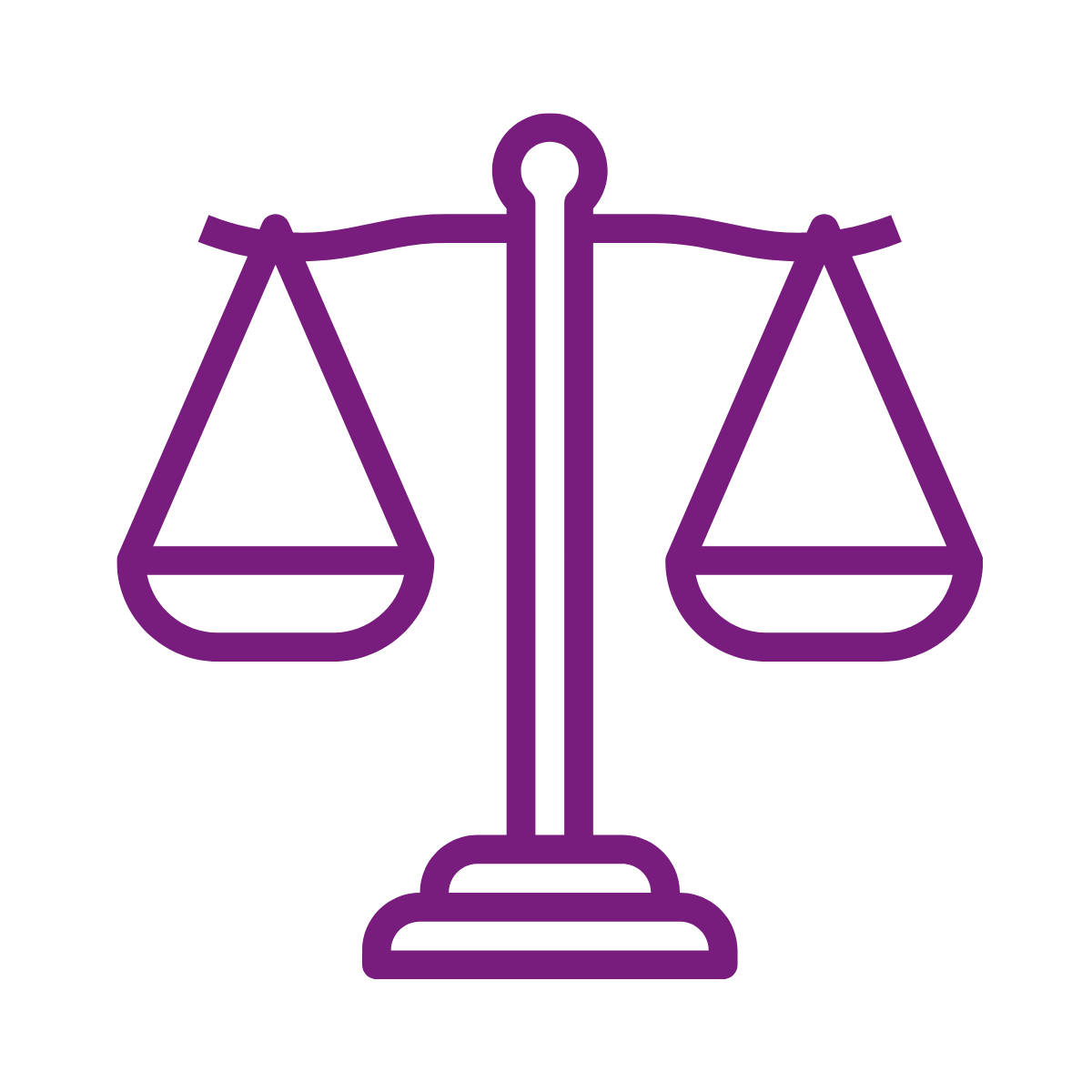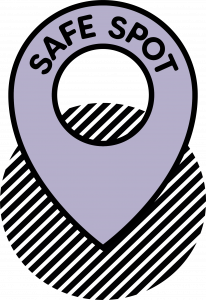I am worried about someone
It can be really worrying when your friend or family member seems to be in a controlling or abusive relationship. They might not see it like that, and they might get defensive if you ask them about it. You might think that you’re overreacting, but if you’ve witnessed or been told about worrying behaviour, then you have come to the right place. Remember, abuse doesn’t have to be physical, it can be verbal or psychological and that is just as serious.
It is important that you are there for your friend or family member and the very fact that you’re here, trying to find out more and understand in order to help someone you know that might be a victim, is a great start.
What follows is a 4-step guide to help you to help a friend or family member.

TOP TIP
We know there’s a lot to take in and so, we’d recommend that you bookmark this page so you can return to it when you can.
Step 1: Being able to recognise the signs
It can be hard for someone experiencing abuse to tell anyone. However, there are things friends and family can do if they know what to look for. That’s the first step – being able to recognise the signs.
Six common signs that someone you know might be experiencing abuse from their partner are isolation, manipulation, control, fear, pressure and jealousy. This might look like telling them not to see certain friends, telling them how to dress, or controlling where they can and can’t go.
TOP TIP
Leaving is never as simple as just walking away. It can take months or years, and it’s common for people to leave but then go back several times. Be prepared for this, and don’t give up hope. Your friend is most likely to leave and not return if the decision is truly theirs. In the meantime, keep in touch and be understanding.
Step 2: Knowing how to respond
This is possibly a situation you never thought you’d be in but knowing how to respond will help your friend or family enormously. Knowing there is someone who cares and believes them can make a huge difference and if they have confided in you, they trust you.
- Try not to be judgemental. It’s hard to understand why someone would stay in an abusive relationship if you’ve not experienced it yourself, but there are many reasons for this, and being judgemental may alienate your friend.
- If it’s right to do so, share specific times of when you’ve been concerned. It might help reassure your friend or family to know that they’re not alone in their concerns.
- Let them know that they are brave for speaking out, and acknowledge the courage that has taken.
- Let them know that nobody deserves abuse, and nothing they do warrants any abuse they face. This is an issue with the abuser, not them.
- Go at their pace. If they don’t want to immediately leave, you have to accept that. Don’t tell them what to do, let them come to their own decisions. They are in a controlling situation and they need encouragement to take back control for themselves.
- Offer your support in assisting them with any services they may need, such as visiting the hospital or police.
- Tell them about this website, and about all the support services that are available to them.
- Do not put yourself in a dangerous situation. Remember to look after yourself too.
What if they don’t react well to the conversation?
Talking about your concerns doesn’t always work the first time. People often feel scared or ashamed, or might deny anything is wrong at all. If someone is getting angry or defensive, try and keep things calm. You might have to end the conversation. If you do want to try and have another talk with someone later on, you might want to begin by apologising for anything that upset them before.
If someone isn’t willing to talk at all, remember that it’s not your fault. You’ve tried to reach out and help, and you shouldn’t feel guilty. They might not feel ready to talk about it now, but you may have made them more likely to open up in the future.
Watch this video from Staying Put which gives advice to family and friends of those in abusive relationships.
Step 3: Keeping safe
Abusers can be manipulative; they lie and they can be dangerous. Please think of your safety first.
3 things to remember:
- Your gut instinct might be to confront the abuser but don’t, simply don’t. Hard as it might be, act as if you don’t know. If the abuser suspects you know what is going on, there could be consequences for you and put your friend or family at even greater risk.
- Talk to your friend in person and make sure you have time to talk – this isn’t something that should be rushed. Abusers can and do monitor phones, emails and social media activities so any mention of abuse or sharing your concerns, may be seen by the perpetrator and again, could put the victim at risk.
- If your friend is planning to leave, help them prepare a safety plan.
Step 4: Call the professionals
Sometimes it helps to speak to someone about your concerns and what to do next. Across the Bradford District, we have many organisations who have incredibly skilled and sympathetic professionals who are there to help you help a loved one. They will listen and offer the best advice for your situation.
Further advice
- Visit NSPCC‘s to find out what to do if you suspect there is child abuse.
- Your Best Friend offers advice to young people under 24 on how you can support your friend through an abusive relationship.
- Refuge is a national charity which has lots of detailed information on how to help a friend or family member.
- SafeLives created this PDF guide on how to help a friend or family member.
- Staying Put and the Survive and Thrive partnership is one of the main domestic abuse charities in the Bradford district, and they can offer guidance and support.
Videos
Below is a video which you might find useful. Our videos may contain strong language and descriptions of abuse which may be upsetting. These videos are not suitable for under 15s.
Call for help now:
Bradford Survive and Thrive One Front Door helpline:
0808 2800 999
National Domestic Abuse Helpline:
0808 2000 247
In an emergency, call 999
Bingley Fire Station
Address: Keighley Rd, Bingley BD16 2RD
Tel: 01274562223
Bradford Fire Station
Address: 540 Leeds Rd, Bradford BD3 9SB
Tel: 01274385410
Fairweather Green Fire Station
Address: 1003 Thornton Rd, Bradford BD8 0EH
Tel: 01274544466
Ilkley Fire Station
Address: Little Ln, Ilkley LS29 8JJ
Tel: 01943607970
Job Centre- Eastbrook Court
Address: 50 Vicar Ln, Bradford BD1 5AH
Telephone: 0800 169 0190
Job Centre- Westfield House
Address: 85 Manningham Lane, Bradford, BD1 3BE
Telephone: 0800 169 0190
Keighley Fire Station
Address: Keighley Fire Station, Universal Mills, Bradford Road, Keighley
Tel: 01535607401
Odsal Fire Station
Address: 5 Huddersfield Rd, Bradford BD6 1BA
Tel: 01274677916
Shipley Fire Station
Address: 1 Shipley Fields Rd, Shipley BD18 2DG
Tel: 01274596689
Silsden Fire Station
Address: Elliott St, Silsden, Keighley BD20 0DE
Tel: 01535653371




